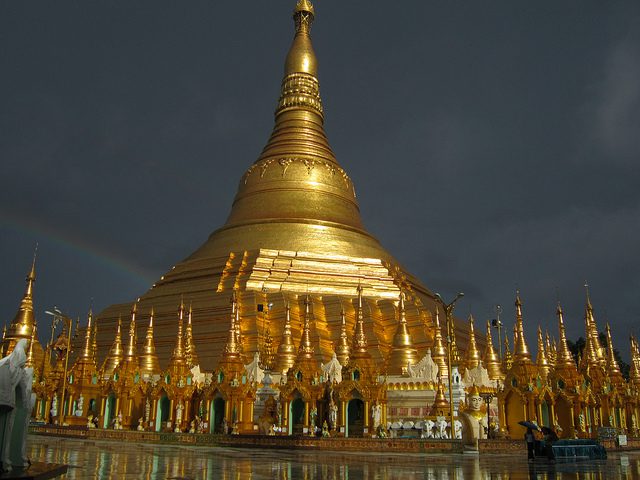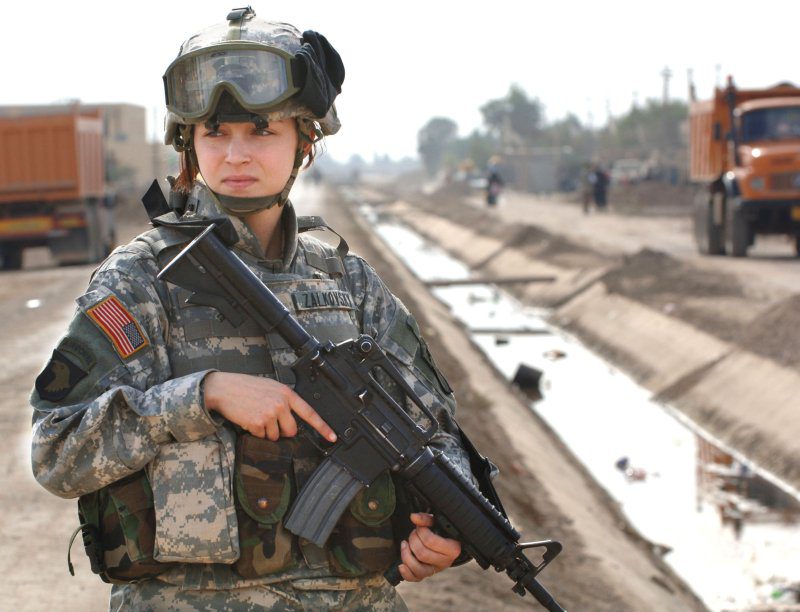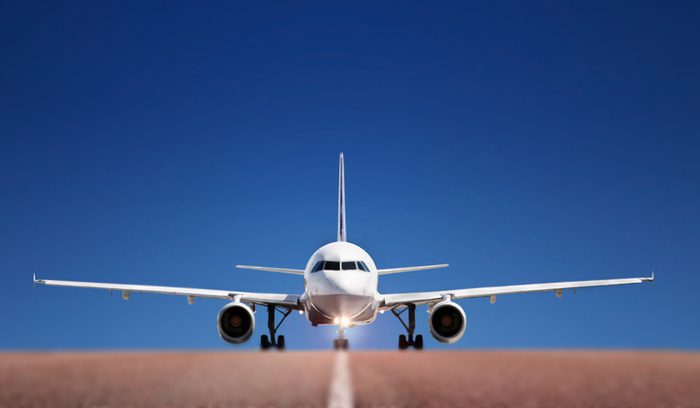
If you’ve booked a trip to Burma, no doubt you’re excited about the prospect of exploring its amazing temples and landscapes – especially since it’s somewhere so little travelled compared to the rest of south-east Asia. But it’s also a place where travelling responsibly is really important; so, before you go, read through my travel tips.
Burma: why responsible travel is so important
If you’re not too familiar with Burmese history, you may well be wondering what all the fuss about responsible travel to this country in particular is all about. I won’t get bogged down in the finer details – that would take much longer than I have room for here! – but I’ll give you a quick rundown of the basics.
Unfortunately, it’s not a particularly pleasant story. You see, from the 1960s to 2010, the nation’s government was made up of its military regime, which is known to have committed humanitarian offences. Some of these were directly linked with the travel industry, with a number of tourist developments believed to have been built using slave labour.
For many years, these facts meant a tourism boycott was in place. Now, the nation welcomes tourism – provided it is responsible – and the country is on its way to becoming a full democracy.
So, what can you do to make sure your travel is responsible?
Choose a reputable tour operator
When planning your trip, one of the first decisions you’ll need to make is whether to travel independently or with a specialist tour operator. Should you choose the latter, it’s really important to pick your company carefully.
What you need to look for is a firm that works directly with Burmese communities, as this means that the money you spend on your trip and the activities you try should go to local people, rather than directly to the government. Plus, such companies will ensure their packages don’t harm local communities in any way.
Use local services
The next step is to make the effort to use local services while you’re exploring. Poverty is a real problem in Burma, so there are a couple of things you should remember.
Firstly, unlike some other south Asian countries, Burma is definitely not the place to start haggling over prices. Often, this will simply mean that people trying to earn an honest wage drop their offer to something below what the product is worth, which will do nothing to bolster local communities.
Secondly, it’s a good idea to try to spread any purchases you make across different sellers. For instance, if you’re staying in one destination for a few days, buy food from different street stalls, as this will help ‘share the wealth’ as it were. You should also aim to do this when hiring local guides, drivers and such.
Tipping
While not customary in Burma, tipping isn’t unheard of. That said, if it does occur, it’s usually in the format of ‘donations’ and, as these often aren’t directly asked for, it’s worth familiarising yourself with the kind of situations in which they’re appropriate.
These include if a local gives you a tour of their village or if someone unlocks a temple so you can have a look around. Plus, you might notice smaller attractions asking for little donations, which – as you’ve probably guessed – are worth giving as they help the local economy.
Be sensitive
Just as a final quick note, you should also take care to be sensitive when interacting with local people. Obviously, not treating them like tourist attractions is a given, but you should also avoid quizzing them about the military regime and their thoughts on it.
This is a sponsored post.





le monde est a decouvrir mais n oubliez pas notre belle FRANCE protégeons la